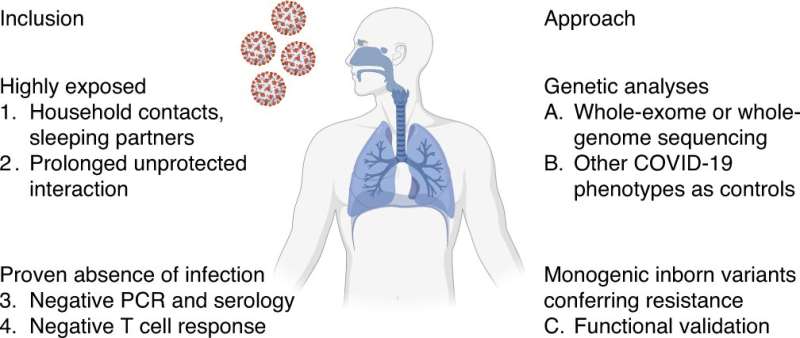Fig. 1: A global effort to dissect the human genetic basis of resistance to SARS-CoV-2 infection. Credit: 10.1038/s41590-021-01030-z
An international team of medical scientists has published a Perspective piece in the journal Nature Immunology, outlining ongoing research into why some people are resistant to SARS-CoV-2 infections. In their paper, they note that very little is currently known about why some individuals are immune to COVID-19, but they suggest that a stronger effort to find out could lead to new ways to treat or prevent the disease.
The authors note that the pandemic has served to remind the global community of the remarkable variability in viral response—some people are asymptomatic while others get so sick that they die. They note also the clear differences that researchers have observed; for instance, cases in which a single person in a family remains uninfected while everyone around them gets sick; or people who work in a high-risk environment but who do not get sick.
The authors also note that as of right now, no one really knows why there is such variability in response to SARS-CoV-2 infections, though there are clues. There have been some reports that people with type O blood, for example, suffer less when infected. And there have been other studies that suggest certain proteins produced by the body are more or less active when confronted with the SARS-CoV-2 virus. It has also been revealed that the virus needs proteins that have receptors such as ACE2 or TMEM41B. If people lack the receptors, the virus is unable to replicate.
The authors suggest the need for a major study into the variability of response to SARS-CoV-2 infections. Such a study would involve subjects who believe they should have been infected with the disease. Most particularly, such an effort would need to actively recruit members of a household where one person remains uninfected. They also state that the initial steps of such a study are already underway—400 volunteers meeting the required criteria have already signed on. The authors conclude by noting that the nature of the pandemic has suggested that the SARS-CoV-2 virus is not going away anytime soon; thus, it would be beneficial if the science community could fully understand why people respond so differently when exposed to it.
More information: Evangelos Andreakos, A global effort to dissect the human genetic basis of resistance to SARS-CoV-2 infection, Nature Immunology (2021). DOI: 10.1038/s41590-021-01030-z
Journal information: Nature Immunology
2021 Science X Network
























